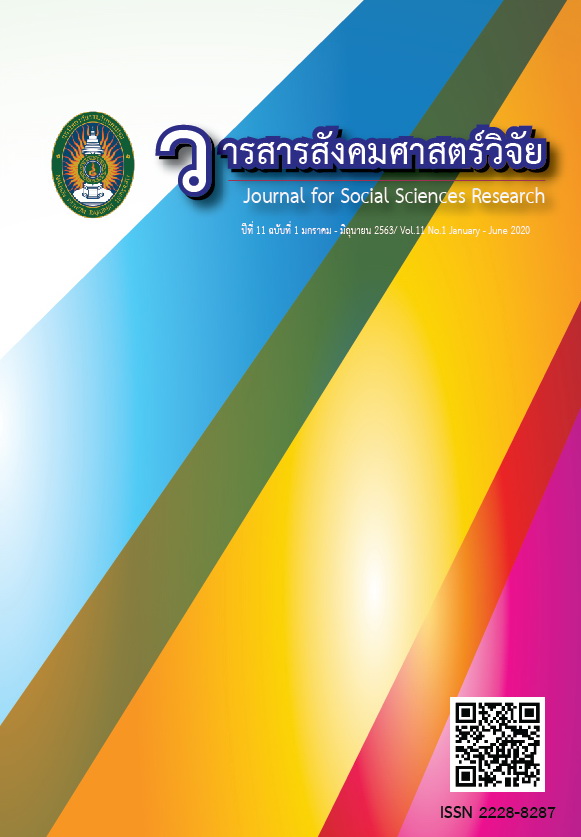A CASUAL MODEL OF FACTOR INFLUENCING TO PRIVATE SCHOOL EFFECTIVENESS IN DIGITAL AGE
Main Article Content
Abstract
This research aimed to: 1) study the conceptual framework of causal model of factor influencing private school effectiveness in digital age; 2) study the level of factors influencing private school effectiveness in digital age; and 3) develop and validate the consistency of causal model of factor influencing private school effectiveness in digital age with the empirical data. The research sample was from 359 schools. The informants were directors, vice directors or assistants to the director, and heads of subject, derived by stratified random sampling. The research instruments were a document analysis form, a semi-structured interview, and a questionnaire constructed by the researcher with the validity between 0.60–1.00 and the reliability of 0.99. The statistics used in this research were mean, percentage, standard deviation, and path analysis.
The research results were as follows:
- The conceptual framework of causal model of factors influencing private school effectiveness in digital age consisted of digital leadership, good governance administration, team working, communication, and incentive.
- The factors influencing private school effectiveness, in the descending order, were 1. communication, 2. good governance administration, 3. team working, 4. incentive, and 5. Digital leadership. Overall and in specific aspects, these factors influenced private school effectiveness in digital age at a high level.
- Regarding the development and validation of the causal model consistency with the empirical data, the factors with direct influence on private school effectiveness in digital age, in the descending order, were 1) team working, 2) communication, and 3) digital leadership. As for the indirect influential factors, 1) team working had influence on digital leadership and communication; 2) digital leadership had influence on good governance administration and communication; 3) good governance administration had influence on team working and incentive; 4) incentive had influence on team working; and 5) communication had influence on good governance administration. When considering the total influence in the descending order, the aspects were 1) team working, 2) digital leadership, 3) good governance administration, 4) incentive, and 5) communication.
The validation of the causal model of factor influencing private school effectiveness in digital age by the experts showed that the developed model was appropriate, feasible, correct, and useful.
Article Details
บทความที่ได้รับการตีพิมพ์เป็นลิขสิทธิ์ของมหาวิทยาลัยราชภัฏนครปฐม
เนื้อหาของแต่ละบทความเป็นทัศนะของผู้เขียน ซึ่งที่ปรึกษา บรรณาธิการ กองบรรณาธิการ และคณะกรรมการบริหารวารสารไม่จำเป็นต้องเห็นด้วย หรือร่วมรับผิดชอบใดๆ


